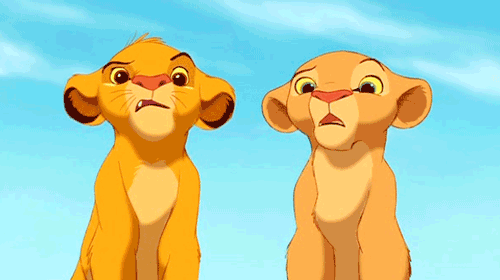thegreekdog wrote:Actually, I think it's called accounting. I'm not historian, but if all the guys that had deposited their $1 million in the bank came and got it, wouldn't there be a problem?
Of course, because there isn't enough actual currency to pay out all that money, is there? But if it's all done electronically, it's just digitally created, credited to whatever account the withdrawer is moving it to. If everyone in the world wanted the actual cash that they supposedly had in banks, a whole lot of people would be SOL.
Because the banks create so much money that never existed.
The commercial banks create money out of thin air.
So do the Central banks, but they both do it differently.
The commercial banks just credit accounts. The Central banks exchange the money they create with bonds issued by the government. The government issues a $30 million dollar bond, the central bank has $30 million printed or credited. Of course, the terms of the bond say that the government has to repay that $30 million plus interest. The thing is, the central bank never printed or credited the money needed to
pay the interest.
The government, to pay the interest, pays it by taxing it from the citizens of money created by yet another loan done the same way.
If the government ever paid off the national debt there would be no money left at all in circulation. And the interest would still be owed but there would be nothing that existed to pay it off.
Perpetual debt. It's also known as a debt based monetary system. The US has not always had a debt based monetary system. A downside of the debt based monetary system is that to pay off the debt is to destroy the currency. In this system, no matter what, governments and people must always stay in debt. And to pay off the interest means getting into further debt.
You call it accounting, but you have to remember, that money is out there moving, buying things. Real things, tangible things that people labored to produce. This is a much different aspect than simple accounting. It is the creation of money and it's the system we have and have always known.
What's funny is how few even have the most basic understanding of how it actually works. Hence "it's just accounting" comment. If everyone truly understood they'd be up in arms saying "No Fucking Way!"
The Greenback was a debt free currency. It was simply printed by the Treasury. No interest was owed to a central bank to pay it back. There haven't been any Greenbacks in circulation since the early 90's.
The Federal Reserve Note is a note of debt. It's hard for people to wrap their heads around that the cash they carry represents debt, but that's what it is and is contrary to the original purpose of money.
The creation of money is held by private institutions whose goal is to make profit. How can one serve two masters in such a way? Such a thing was never intended by the Founders.
We should have a sound money. At least have a currency backed by something, anything. To set an objective standard as to the worth of the currency instead of a private organization that determines it's worth at whatever it wishes on any given day.





































































